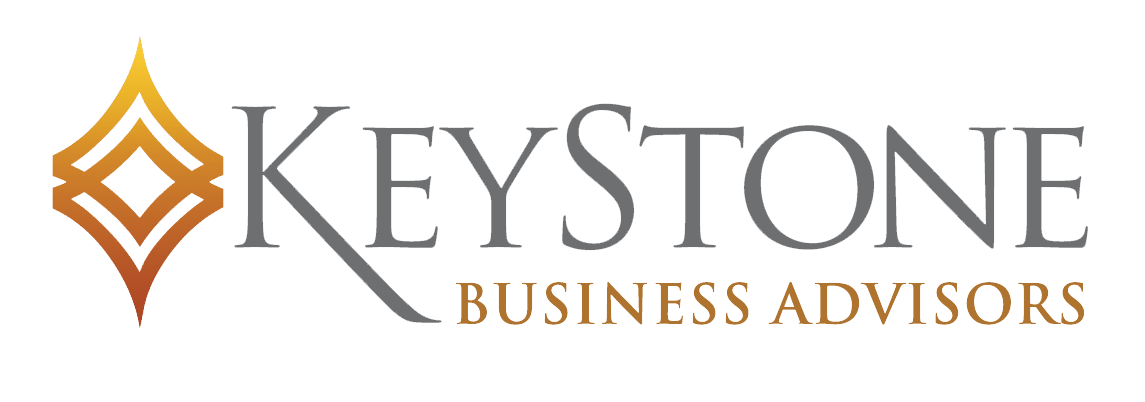Obtaining Financing For Your Acquistion
What You Need to Know Before Getting a Loan
If you’re like most people buying a business, you’ll probably need to borrow money to complete the acquisition. Although, you may obtain seller financing or a loan from friends or family, most buyers turn to a commercial lender for financing. Although different lenders specialize in making certain types of loans, in this article we’ll spell out some of the common principles, steps and business terms you’re likely to see when dealing with any commercial lender.
The major business points to be addressed in connection with a business acquisition loan often include the amount to be loaned, the interest rate, the fees and expenses charged by the lender in connection with making the loan, the term of the loan, the obligations (covenants) you’ll have to meet while the loan is outstanding, whether or not a portion of the principal must be paid back each month, and the need for security or a personal guarantee to be posted.
All lenders have what are known as “underwriting guidelines”. These guidelines set out the facts and circumstances that need to exist in order for the lender to make a loan. Obtaining these guidelines or a summary of them, at the beginning of the process can help you determine if you are dealing with a lender who is likely to loan you money for your acquisition. Some lenders only make loans up to the SBA guarantee limit, others focus on particular industries, require minimum cash flow coverage or certain levels of security or personal guarantees. If, after reviewing the guidelines of a particular lender, you think you’ll be able to meet all of the requirements, it’s probably a fair bet to proceed with the process. If not, you should probably look for a different lender.
The underwriting guidelines will also identify what types of due diligence materials you’ll have to supply. A credit check, financial statements, management backgrounds, insurance certificates, environmental and engineering reports, governmental licenses and corporate documents are some of the most common types of due diligence materials you’ll need to produce. It’s important to be well organized, and to deliver all of the materials in a timely manner. The longer it takes you to deliver these materials, the more questions it may raise in the lender’s mind about your qualifications.
These guidelines generally list a number of other criteria as well. Some lenders may require that your financial statements be audited. This means that you’ll need an independent accountant to review and express an opinion on your financial records. Others may require that you’ve got experience with a business in the same industry.
Common business terms that you’ll see when applying for a loan include:
- Debt Service Coverage Ratio (DSCR) – the ratio of the annual amount of available cash flow from the business to the annual amount of payments due on the loan. The higher the DSCR, the safer the loan is from the lender’s perspective. DSCRs almost always exceed 1.0.
- Loan to Value Ratio (LTV) – the ratio of the loan amount to the underlying assets collateralizing the loan. The lower the ratio, the safer the loan is from the lender’s perspective. LTVs will generally be substantially lower than 70%.
- Origination Fee – the amount the lender charges the borrower to make the loan. This fee is separate from the interest rate.
After all of the business terms have been agreed to, due diligence has been completed, and the loan documents prepared, the lender will be ready to make the loan. In the best case, this process generally takes a minimum of six weeks.
Obtaining a loan can often be difficult and time consuming, but once you’ve completed the process and obtained your loan, you can then realize your primary objective, buying your business.
Posted By The BizQuest Staff, www.bizquest.com
